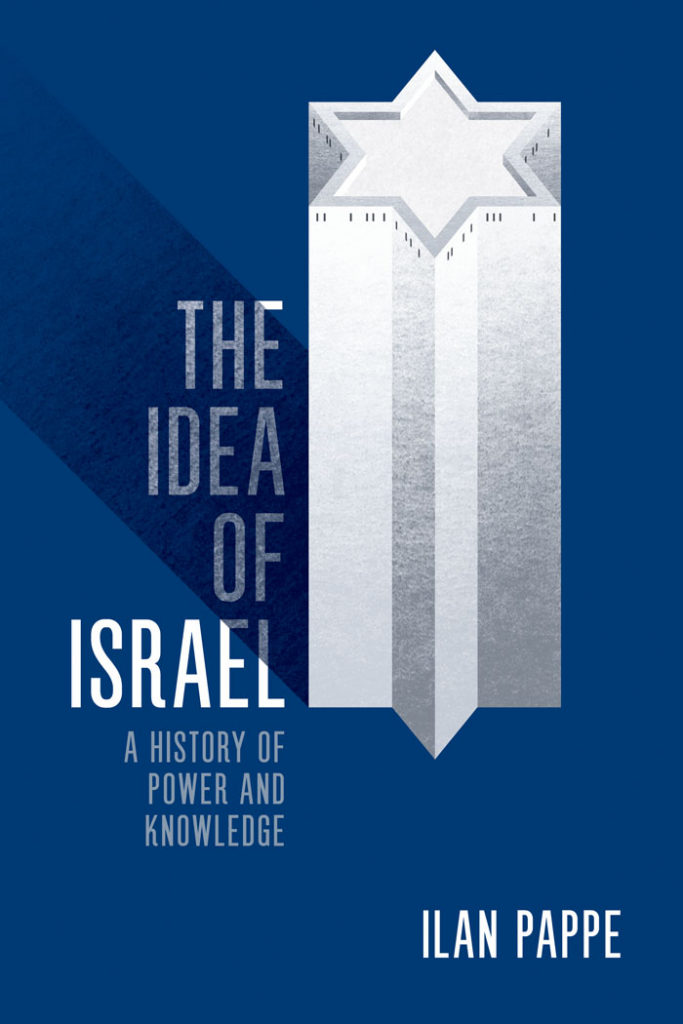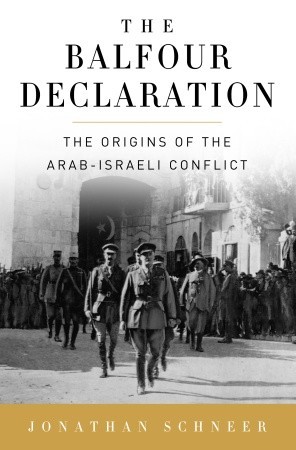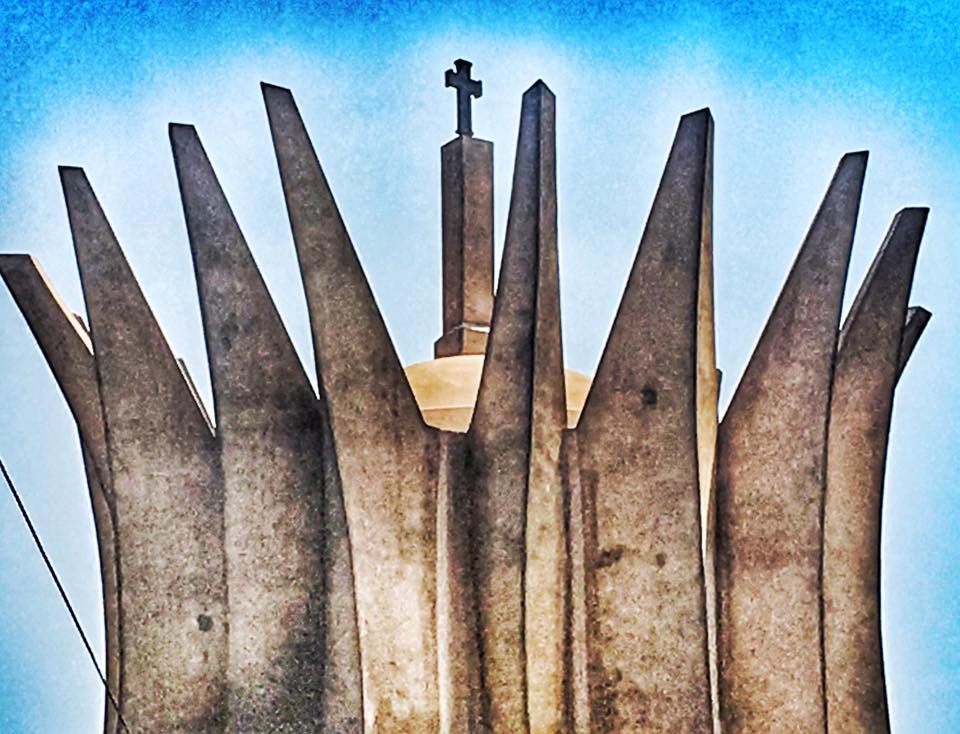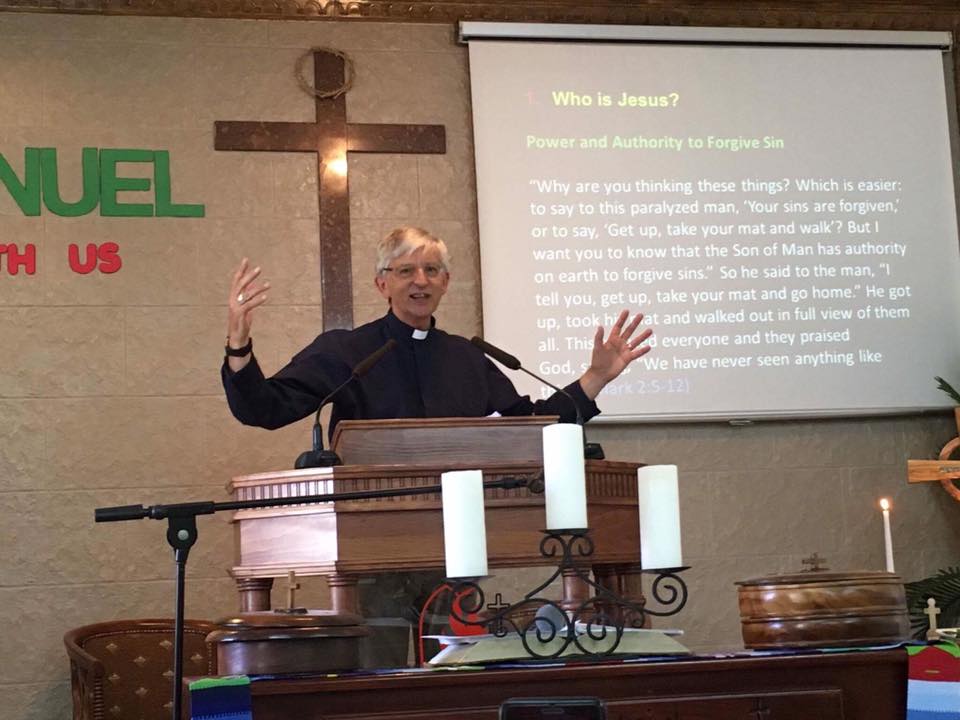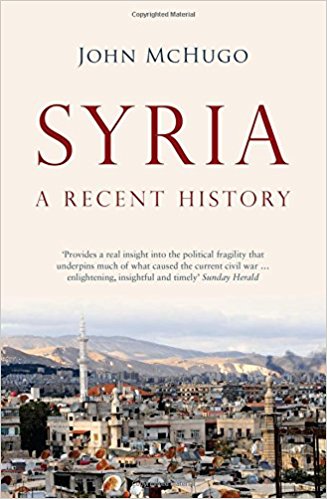Introduction
Israel, Palestine, the Promised Land, the Holy Land, the very name we use says as much about us and our presuppositions and aspirations as about this inscrutable, hypnotic, exotic location. Historically the birthplace of the Judeo-Christian heritage, it is today claimed by two peoples, the Jews and Palestinians, its holy sites shared, at times uneasily, by three religions, Jewish, Christian and Moslem, often in close proximity as at the Temple Mount in Jerusalem or the tomb of Rachel in Bethlehem. Baraba Tuchman summarises some of the reasons why this place holds such fascination to so many,
More blood has been shed for Palestine than for any other spot on earth. To Protestant England it was not only, as Lord Curzon said, “the holiest space of ground on the face of the globe,” the land of the Scriptures, the land of the Crusades, the land “to which all our faces are turned when we are finally laid in our graves in the churchyard.” It was also the geographical junction between East and West, the bridge-head between three continents, the focal point in the strategy of empire…
Few countries attract so much media coverage, or arouse such intense religious feeling and political controversy. Yet it has been the same for countless generations. Why have people for millennia, longed to live here, or make a pilgrimage to this land? What is the fascination this land has over so many people around the world?

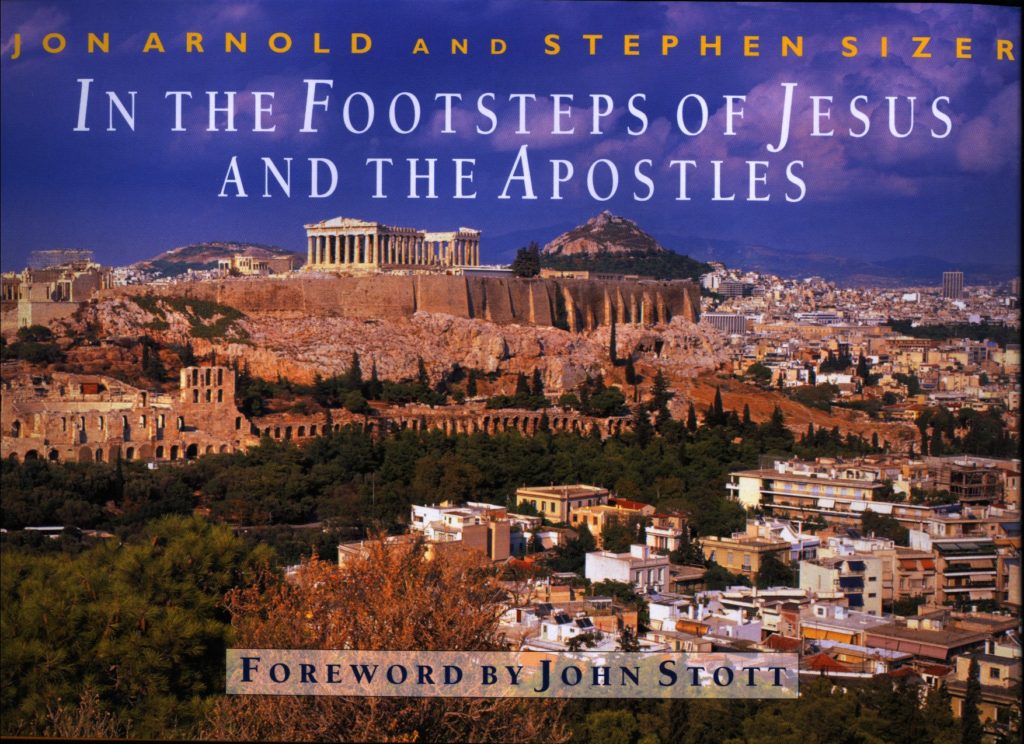
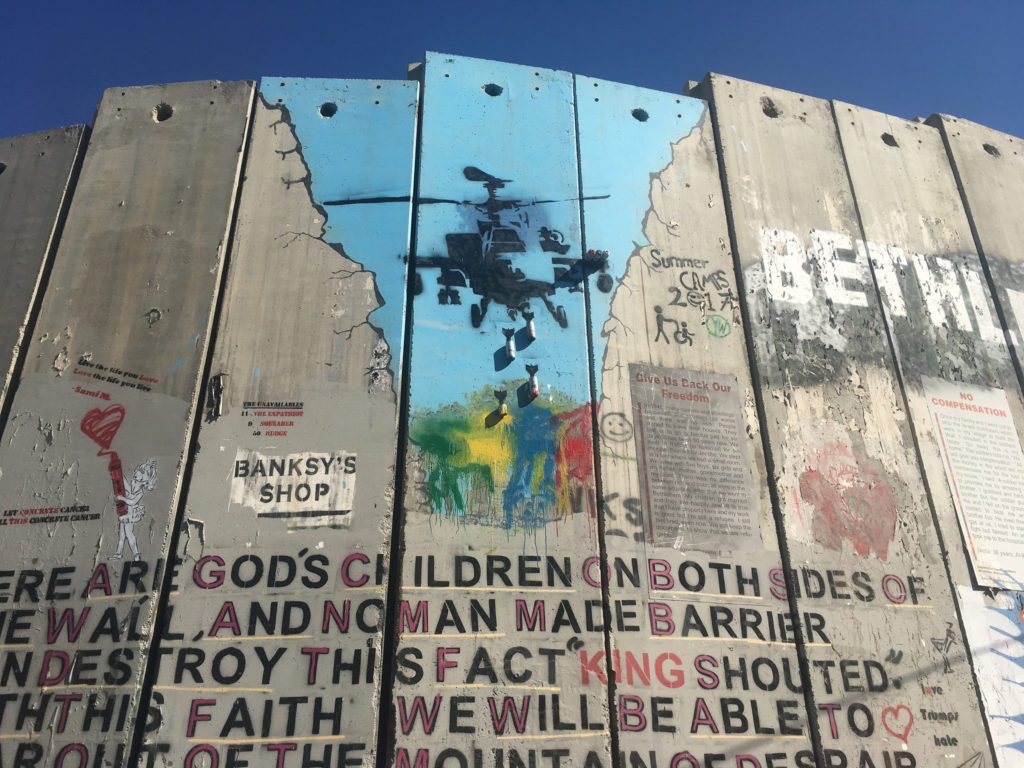
 This year’s
This year’s 
